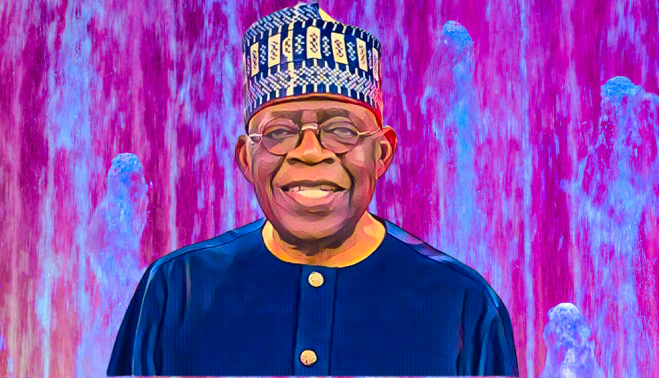The Federal Government of Nigeria has declared that the new minimum wage will go into effect on May 1, 2024, according to a statement from the federal government. A government spokesperson, Onyejeocha, made the news and guaranteed that workers would receive arrears compensation dating back to the commencement date once the Act is properly adopted, despite any delays.
The government, business, and labour officials that make up the Tripartite Committee on National Minimum Wage are now working to conclude the discussions. Onyejeocha did, however, stress that workers will not lose anything as a result of the implementation delay, implying that the pay raise is effective immediately.
This upgrade coincides with growing demands from organized labor, especially considering the current state of the economy and the growing cost of living in Nigeria. The Nigeria Labour Congress (NLC) President, Joe Ajaero, spoke on Workers’ Day at Eagles Square in Abuja, representing the views of the labor movement as a whole. Ajaero emphasized that the N30,000 minimum salary, which was set by previous President Muhammadu Buhari, is insufficient to cover the necessities for modern Nigerian workers.
In order to better reflect the financial realities that employees confront, Ajaero disclosed in his speech that the labor unions had suggested a new minimum salary of N615,000. “We have presented our request for N615,000 to our social partners, and we are awaiting their response,” Ajaero said, highlighting the continuous communication between the unions and their social partners.
In addition, President Bola Tinubu received a powerful plea from the labor leaders on the Pension Transitional Arrangement Directorate (PTAD). PTAD, which was founded in August 2013, is a crucial part of the 2004 Pension Reform Act (PRA). Ajaero applauded the Directorate’s performance and insisted that it stay in place so that it could carry on with business as usual.
President Tinubu reassured Nigerian workers of his administration’s commitment to improving their welfare in response to their complaints and ambitions through a statement issued by his spokesman, Ajuri Ngelale. In his speech, the president praised the commitment and hard work of employees in a range of fields, including administration, security, healthcare, and education, emphasizing their critical role in the development and stability of the country.
“The stewards of the country’s machinery deserve a just salary and improved welfare,” the President declared, reaffirming his commitment to enhancing workers’ financial security as well as their working circumstances and providing them with the resources they need to succeed.
The conversation between the government, labor organizations, and business leaders is still required while the country waits for the new minimum wage to be formally signed into law. The conclusion of these talks will have a big influence on Nigeria’s economy and the lives of millions of workers.



